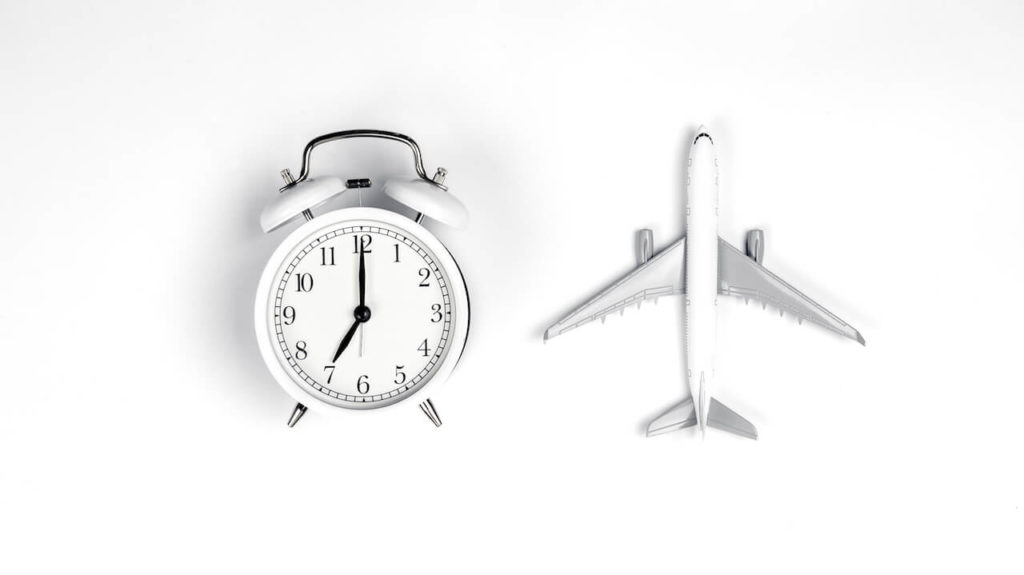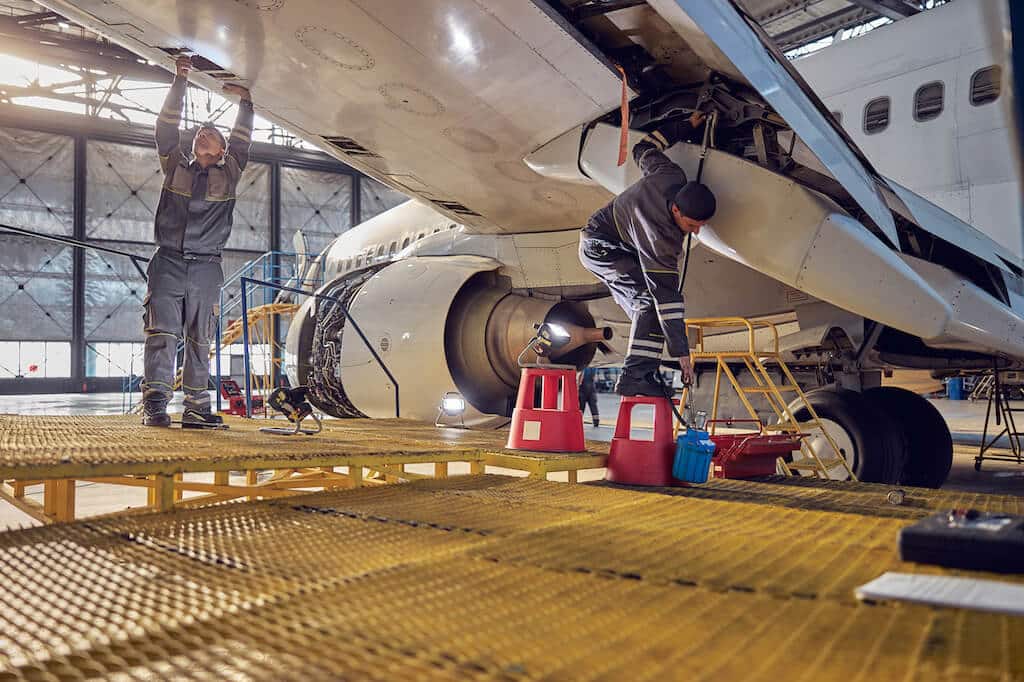Sustainability in MRO: Green Practices and Innovations

The aerospace industry has often been criticised to be the largest polluter, being responsible for 12% of global transport carbon emissions. Adapting to green practices reflects a commitment to the SDG global targets, set by the UN. To achieve net zero carbon emissions and also unveils operational efficiencies. As the sector evolve, the pivotal role of MRO logistics emerges, bridging the urgent demands of MRO operations while practicing environmental stewardship. The industry is meeting operational demands and also making substantial strides towards cultivating a culture of sustainability in MRO.
Sustainable practices Redefining Maintenance Repair Operations (MRO)
Incorporation of cleaner technologies
The momentum towards sustainability in the aerospace industry has sparked numerous innovative practices within the Maintenance Repair Operations (MRO) sector. The aerospace MRO sector is increasingly integrating waste reduction and recycling practices into its operations. The emphasis on recycling and repurposing materials is part of a broader initiative to adopt circular economy principles. For instance, parts refurbishing and materials recycling are becoming standard practices in MRO operations. Time critical logistics services enable a streamlined supply chain, ensuring quick return to service for refurbished parts and minimizing the need for reproducing new parts. This not only align with the principles of the circular economy. Moreover, it significantly reduces the carbon footprint associated with the production and transportation of new components.
In addition, resource-efficient operational procedures are being implemented to curtail energy consumption and emissions during the maintenance processes. These measures, aligned with broader sustainability goals, foster environmental responsibility and drive cost efficiencies. Greener solutions also incorporated in the infrastructure. Haeco reduced their electricity needs over the summer by installing the largest single solar panel on their hangar roof1. This presents a win-win scenario for both the aerospace industry and the environment. Through the conscientious adoption of these practices, the MRO sector is playing a pivotal role in steering the aerospace industry towards a more sustainable and eco-responsible trajectory.
Adoption of advanced technologies
A notable stride in this journey is the adoption of advanced monitoring systems. These facilitate the transition towards predictive and condition-based maintenance. These systems continuously monitor the health and performance of aircraft components, enabling timely interventions before minor glitches grow into major problems. The reduction of waste and extended longevity of aerospace components emphasises the benefits of this proactive maintenance approach. This strategy amplifies operational efficiency and also aligns with the principles of resource conservation and emission reduction.
Embedded within this sustainable MRO framework is the indispensable role of Time Critical services offered by logistics providers. These services are essential for the expedited delivery of critical components, thereby averting prolonged downtimes and ensuring adherence to stringent regulatory compliance timelines. Incorporating Time Critical services within the sustainable MRO framework, alongside data-driven maintenance practices, significantly advances environmentally-friendly operations.

Misconceptions about Time Critical services
A common misperception pertains to the environmental footprint of Time Critical services. The immediate nature of these services often leads clients to perceive them as harmful to the environment. However, this perception overlooks the strategic approaches adopted by logistics providers like Royale International to lessen the environmental impact. Royale International’s services, including Next Flight Out (NFO) and On-Board Courier (OBC), serve as green alternatives to the conventional chartered services.
The conventional services usually entail dedicated flight operations or routing through hubs which contributes to additional air traffic and emissions. NFO and OBC are designed to utilise already scheduled commercial flights, ensuring crucial shipments are accommodated within existing flight capacities. This strategy promotes a more efficient use of available resources, aligning well with environmental sustainability principles by minimizing the carbon footprint per shipment. In a study done by Debagge, flying direct reduced carbon emissions by 100kg/person compared to connecting flights2. A plane burns around 1800 lbs of fuel during take off and landing depending on the load it is carrying3, further illuminating the benefits of direct flights. The utilisation of scheduled commercial flights reflects Royale International’s dedication.
to blending operational needs with sustainability goals, offering a practical pathway towards greener logistics solutions in the aerospace sector.
Advancing green MRO: The significance of Time Critical services by Royale International
The transition towards environmentally sustainable practices within the Maintenance Repair Operations (MRO) sector of the aerospace industry exemplifies a broader commitment to eco-responsibility. As this sector navigates through innovative cleaner technologies and waste reduction strategies, Time Critical solutions are key to environmental stewardship. Services like Next Flight Out (NFO) and On-Board Courier (OBC) ensure the timely delivery of critical components while reducing carbon emissions by leveraging existing flight capacities. We invite you to explore our tailored logistics solutions that align with your operational needs and environmental sustainability goals.
Visit our website at www.royaleinternational.com or reach out to us at handcarry@royaleinternational.com or info@royaleinternational.com to take a step towards a sustainable and operationally robust aerospace industry.


